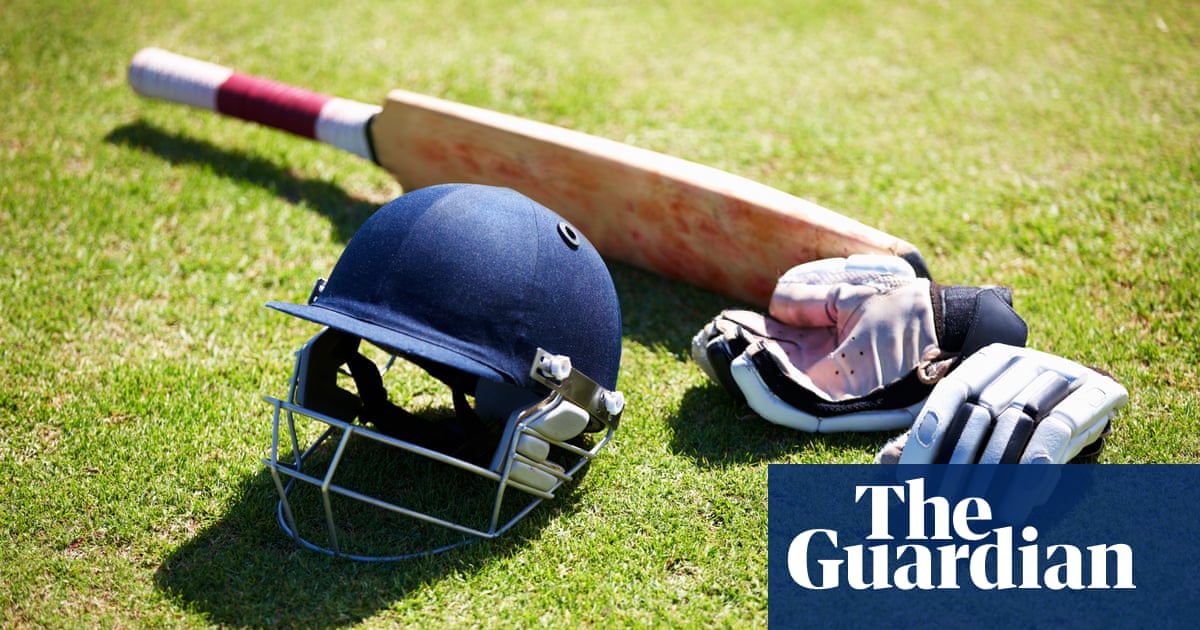- cross-posted to:
- [email protected]
- cross-posted to:
- [email protected]
The International Cricket Council has become the latest sports body to ban transgender players from the elite women’s game if they have gone through male puberty.
The ICC said it had taken the decision, following an extensive scientific review and nine-month consultation, to “protect the integrity of the international women’s game and the safety of players”.
It joins rugby union, swimming, cycling, athletics and rugby league, who have all gone down a similar path in recent years after citing concerns over fairness or safety.



I think that gender specific leagues need to go the way of the dodo but while they’re here they’re essentially weight/strength classes and most transwomen are more fairly matched against AMAB men than AFAB women.
Ideally, we could just realize that having multiple league levels based on body type would be much more equitable.
Source?
https://pubmed.ncbi.nlm.nih.gov/33289906/
Not only do I think this study is complete non-sense, but 3 other professors at the same journal published their comments and concerns with this study and how it’s being spread around as though it’s fact when in truth, the “science” in it is rubbish.
Here’s a link to the article in PubMed: https://pubmed.ncbi.nlm.nih.gov/37726582/
PubMed unfortunately doesn’t have a transcript, but you can read the transcript here (or click on the link next to DOI in PubMed that I linked above): https://link.springer.com/article/10.1007/s40279-023-01928-8
Here’s TL;DR from the conclusion of the comment on the study is that the original study’s scientific basis is dubious at best, it hasn’t been properly peer reviewed, despite not being properly peer reviewed this article is being shared and used as a basis for shaping policies.
And besides, even if the original study were true, wouldn’t transgender athletes would be winning at a rate higher than their prevalence in sports? Considering about 1% of people are transgender, they should win 1% of the time, but that doesn’t happen, because any advantage is entirely fictitious.
And even if there was an advantage, there are lots of people who have a biological advantage. That’s just a part of sports that’s impossible to eliminate because we’re not all robots running on the exact same hardware and software.
You aren’t factoring in how many people win as a %. Only like .01% of people compete at the top level of sports, if 1% of people are Trans it’s going to take a while to actually hit someone that is both talented enough to be relevant and trans.
And backing up your claim, thank you!
I just want you to know that the study that was posted is trash. Here’s link to a comment on that same study by 3 professors from the same journal https://link.springer.com/article/10.1007/s40279-023-01928-8
And here’s a quick TL;DR from the conclusion of the comment on the study is that the original study’s scientific basis is dubious at best, it hasn’t been properly peer reviewed, despite not being properly peer reviewed this article is being shared and used as a basis for shaping policies.
That doesn’t surprise me, but I wasn’t aware of that. Thanks!
No worries at all. I know this is a really sensitive subject and it’ll basically require a change in how we view sports leagues and gender to resolve.
It really depends on the sport imo. Trans women may retain some more muscle and some parts of the skeleton are largely unaffected, but muscle elasticity, hip rotation, flexibility, and endurance all end up being more dependent on hormones than birth sex in the long term. How much these things matter varies a lot from sport to sport, and the current system is not sufficient to balance these traits even among people of the same sex. Multiple leagues based on broad body types sounds reasonable, but I have no idea how complicated the rules would have to be to make it completely fair, given we already accept a great deal of unfairness currently.
I’d look to wrestling as an example - it manages to have several leagues of weight classes that participate… but yea, it’d be a pretty big change.
Petite women compete against tall women all the time though
That’s why I think weight/strength classes are the way to go - we arbitrarily divide sports in half by gender and it makes most body types uncompetitive.
As a trans woman who works out but doesn’t really do sports because people make them suck, I have to say that I don’t think that study is correct based of my experiences. Trans women often have lower testosterone than cis women after being on hrt for a while (2 years max typically, but it can be sooner). When I started hrt, literally only about 2 weeks later I noticed massive muscle atrophy and I literally couldn’t even help my father move heavy furniture that I doubt I would have had a problem with before. After that I decided to start lifting and it’s been a few months since then I am still not as strong as I used to be.